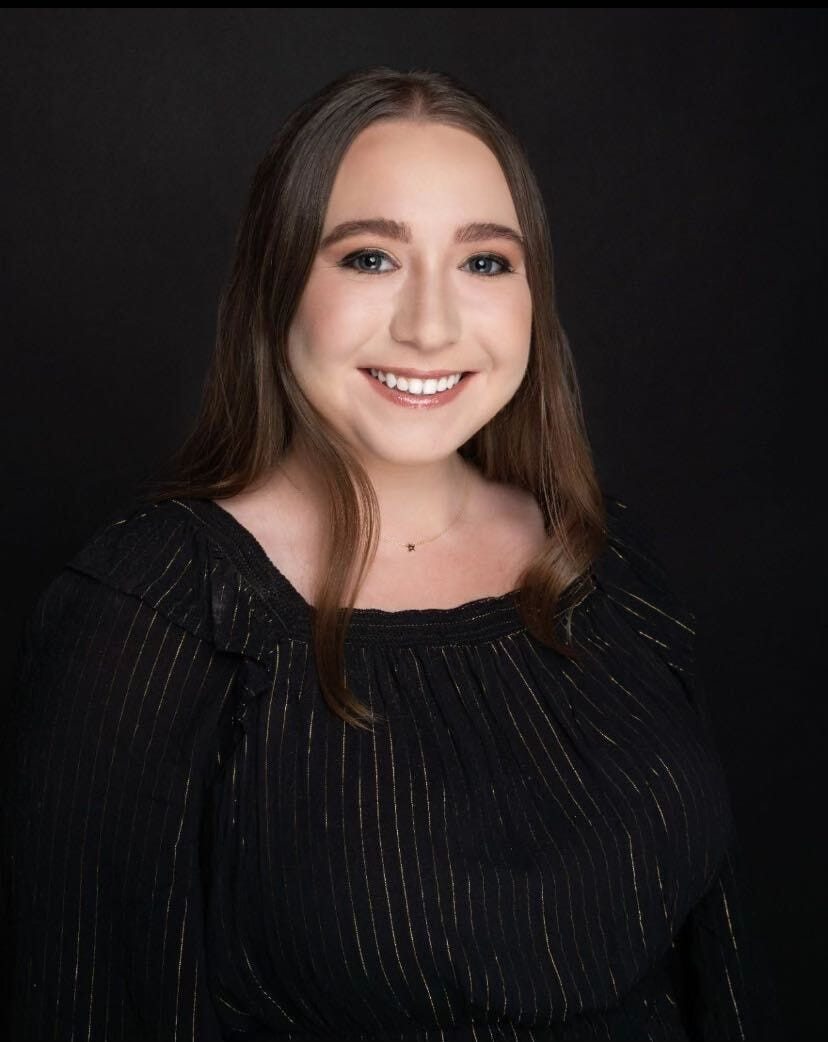There’s nothing worse than that cheek-reddening, stomach-churning, nightmare-inducing feeling of making a major mistake – particularly at your first full-time job. PR professionals often regard perfectionism as their greatest strength, yet it can ultimately hinder your learning, confidence, and productivity at work.
The truth is that transitioning from college to a full-time role is difficult – the rules change! You are no longer earning ‘A’s and moving on to the next class. You can only learn to do better by making mistakes, a learned skill that will require you to build new muscles in accountability and resilience.
If you’re like me and wake up in a cold sweat from nightmares about spelling your client’s name wrong or the embarrassment of accidentally CC-ing the wrong person on an email, I’d like to share some battle-tested tips for embracing mistakes and learning to appreciate being uncomfortable.
3 tips to reframe mistakes as growth moments
1. Come curious
It’s human nature to take the easy road, stay in the same situation, and thrive in predictability. But you will never grow unless you force yourself to be curious and encounter new situations.
In your first role, you will face new assignments and challenges that you didn’t practice in your classes, student organizations, or internships. I encourage you to dive into these challenges head-first with curiosity. Why do my colleagues approach this task this way? Why is this project important to the business? How did my boss make this decision? Approaching gaps in knowledge or mistakes with curiosity can sensitize you to new projects, encourage you to step out of your comfort zone, and foster your career growth.
Taking an active role in your career on a daily basis is essential for making progress. Learn to raise your hand for new opportunities and prepare to give your best effort. If trying new things feels overwhelmingly scary, ask your manager or coworkers if you can shadow them or view past examples.
I wish there were a secret to overcoming barriers to confidence when it comes to speaking up and trying new things. The truth is, building confidence takes time, practice, and effort. Remember, the worst that can happen when you advocate for yourself is hearing "no." As you build your experience bank, you will get better at tasks and learn to embrace those awkward situations that will result in your growth.
Once you get comfortable with sitting in the uncomfortable, you’ll realize that you are the only one that stands in the way of your growth. Be kind to “future you” by asking questions, exploring new things, and being endlessly curious.
2. Take time to reflect
When your work mistake makes you want to hide under the covers in the fetal position, I know the last thing you want to do is re-live and re-hash the mistake. But taking the time to meaningfully reflect, particularly as a young professional, will help you focus on positive learnings and move on.
I recently navigated a mistake that every media relations expert dreads – an embargo break on a sensitive story that quickly spread false information. After resolving the mini-crisis by communicating the issue to my client, quickly calling the outlets, and (thankfully) having every article removed, it was time to take a deep breath and figure out how I could prevent this from happening again.
I combed through emails, messages, client notes, and past iterations of pitches to identify where the miscommunication happened. I followed up with the reporter to ask for feedback on how I could better-communicate moving forward. Based on their feedback, my team decided to upfront and highlight the embargo date in future pitches to ensure there’s no confusion about key dates.
While reflecting on a mistake is never enjoyable, taking proactive steps to learn from it is essential for growth as a well-prepared practitioner.
Take responsibility for identifying your mistakes, as others may not tell you what needs improvement. Actively seek out feedback from coworkers, managers, reporters, and clients. Don’t just ask for feedback – implement suggestions and strive to do better. This approach builds resilience, helping you focus on lessons learned instead of dwelling on mistakes and ultimately repeating them.
Utilize your support network, especially as a young professional. My colleagues and mentors have been instrumental in guiding my decisions and helping me identify areas for improvement. Their guidance has highlighted blind spots and offered solutions I wouldn’t have seen on my own. Learning from those who’ve faced similar challenges helps you avoid common pitfalls.
3. Always seek improvement
Though making mistakes should be expected and accepted, you should always strive to perform at your best and achieve exceptional work.
Budget time for that extra spell check or final review from a coworker. Be upfront with your colleagues about what you don’t know, and learn to be an expert in redirection. Remember that being "perfect" isn't about knowing everything, but knowing where to find answers when needed.
In an industry that is constantly evolving, you must learn to adapt and be a lifelong learner. Mistakes will never fully disappear, but learning to go with the flow and learn from yourself will help you be a better professional. Mistakes don’t define you, but how you rebound from them will define what kind of leader you’ll be.
I’d love to hear from you! Share your thoughts, ideas, or questions in the comments below and join the conversation.
Meet Olivia
Olivia Cohen is an Account Executive at FINN Partners working with health and pharmaceutical clients. She has a passion for crafting headlines and improving patient lives with her work.
Olivia graduated from The Ohio State University with a major in strategic communication and minors in professional writing and design thinking. She was President of the OSU PRSSA chapter, where she hosted the university's first District Conference in almost a decade.
Outside of work, Olivia serves on the Board of Directors for PRSA Chicago.








These are awesome tips, Olivia. I'm glad you're writing about something near and dear to me.
In a self-confidence workshop yesterday, a student who leads an educational seminar at a local park says she's constantly worried that she'll provide the wrong answer. I asked another student to provide his perspective on her situation. He said what she felt was "common." I think the student felt heard and understood.
I think this dovetails nicely with tip #2: Take time to reflect. When you do so, as you state, feel free to use someone else as a sounding board. They'll help you see your blind spots.